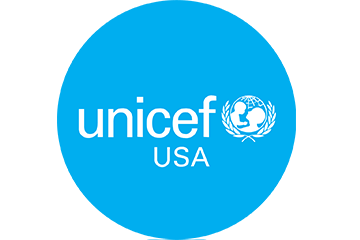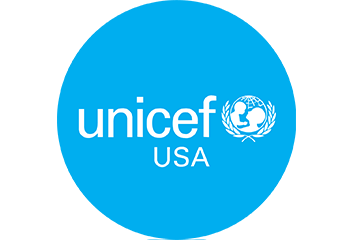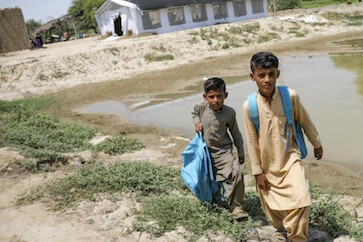Thousands of families in southeastern Afghanistan are struggling to survive after a powerful earthquake shook Paktika and Khost provinces on June 22, 2022, killing more than 1,000 people, — including at least 120 children — and injuring over 1,600.
UNICEF Communication Specialist Veronica Houser can barely contain her emotions in the video below, recorded on June 25 in Gayan, Paktika Province. “I’m standing here in the ruins of a house,” she says. “As you can see, the destruction is immense. Earlier, we spoke to 8-year-old Halima. She lived here in this house, but unfortunately her mother and sister were crushed when the house behind me collapsed.”
Amid immense destruction, UNICEF emergency aid is a lifeline for children and families in Afghanistan
Just hours after the quake, UNICEF health and nutrition teams were on the scene providing emergency first aid and distributing lifesaving supplies including kitchen utensils, hygiene kits, soap, water purification tablets, warm clothes, blankets, tents and tarpaulins.
“UNICEF was on the ground since Day One,” says UNICEF Afghanistan Representative Dr. Mohamed Ayoya. “We have been here providing the required support in WASH [water, sanitation and hygiene], in health, but also trying to find children who have lost their parents and who have been separated so we can take care of them.”
“UNICEF is very worried about the children and families living here,” says Houser. “Even the ones whose houses haven’t been destroyed are still living in tents because they are afraid of the integrity of the structure of their houses. We don’t want to see any more children like Halima lose [their] family and we really need your help to continue providing assistance to those most in need.”
Top photo: On June 24, 2022, 8-year-old Nasrin stands outside the tent where she is living with her family in Gayan District, Paktika Province, Afghanistan. The family’s home was destroyed by the earthquake that shook the region on June 22. Her brother Hafizullah, 6, stands in the background. © UNICEF/UN0662301/Bidel. Video edited by Tong Su for UNICEF USA





